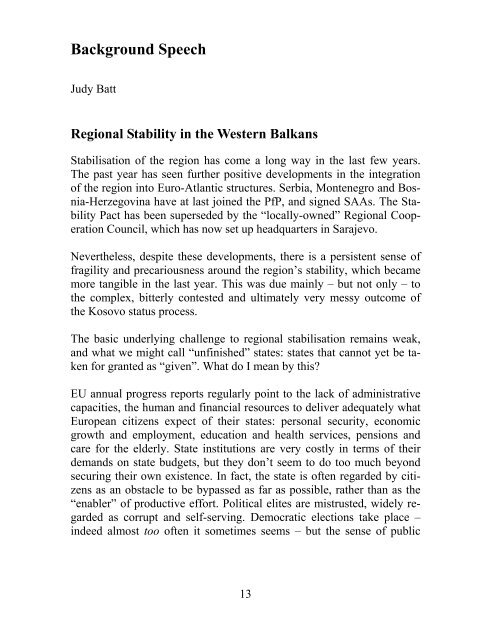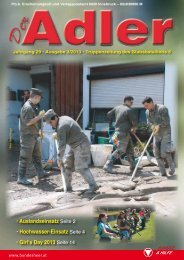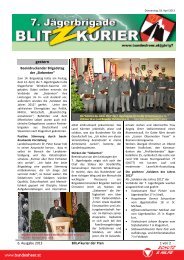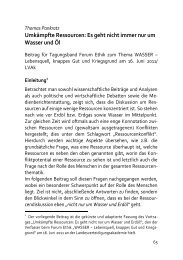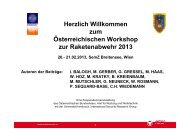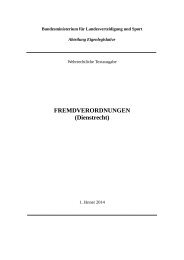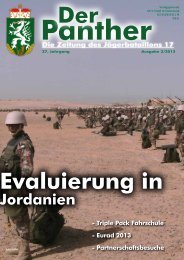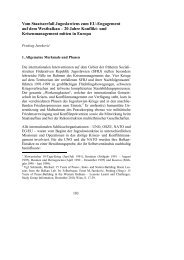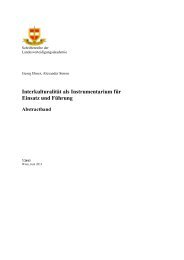Cutting or Tightening the Gordian Knot
Cutting or Tightening the Gordian Knot
Cutting or Tightening the Gordian Knot
Create successful ePaper yourself
Turn your PDF publications into a flip-book with our unique Google optimized e-Paper software.
Background Speech<br />
Judy Batt<br />
Regional Stability in <strong>the</strong> Western Balkans<br />
Stabilisation of <strong>the</strong> region has come a long way in <strong>the</strong> last few years.<br />
The past year has seen fur<strong>the</strong>r positive developments in <strong>the</strong> integration<br />
of <strong>the</strong> region into Euro-Atlantic structures. Serbia, Montenegro and Bosnia-Herzegovina<br />
have at last joined <strong>the</strong> PfP, and signed SAAs. The Stability<br />
Pact has been superseded by <strong>the</strong> “locally-owned” Regional Cooperation<br />
Council, which has now set up headquarters in Sarajevo.<br />
Never<strong>the</strong>less, despite <strong>the</strong>se developments, <strong>the</strong>re is a persistent sense of<br />
fragility and precariousness around <strong>the</strong> region’s stability, which became<br />
m<strong>or</strong>e tangible in <strong>the</strong> last year. This was due mainly – but not only – to<br />
<strong>the</strong> complex, bitterly contested and ultimately very messy outcome of<br />
<strong>the</strong> Kosovo status process.<br />
The basic underlying challenge to regional stabilisation remains weak,<br />
and what we might call “unfinished” states: states that cannot yet be taken<br />
f<strong>or</strong> granted as “given”. What do I mean by this?<br />
EU annual progress rep<strong>or</strong>ts regularly point to <strong>the</strong> lack of administrative<br />
capacities, <strong>the</strong> human and financial resources to deliver adequately what<br />
European citizens expect of <strong>the</strong>ir states: personal security, economic<br />
growth and employment, education and health services, pensions and<br />
care f<strong>or</strong> <strong>the</strong> elderly. State institutions are very costly in terms of <strong>the</strong>ir<br />
demands on state budgets, but <strong>the</strong>y don’t seem to do too much beyond<br />
securing <strong>the</strong>ir own existence. In fact, <strong>the</strong> state is often regarded by citizens<br />
as an obstacle to be bypassed as far as possible, ra<strong>the</strong>r than as <strong>the</strong><br />
“enabler” of productive eff<strong>or</strong>t. Political elites are mistrusted, widely regarded<br />
as c<strong>or</strong>rupt and self-serving. Democratic elections take place –<br />
indeed almost too often it sometimes seems – but <strong>the</strong> sense of public<br />
13


